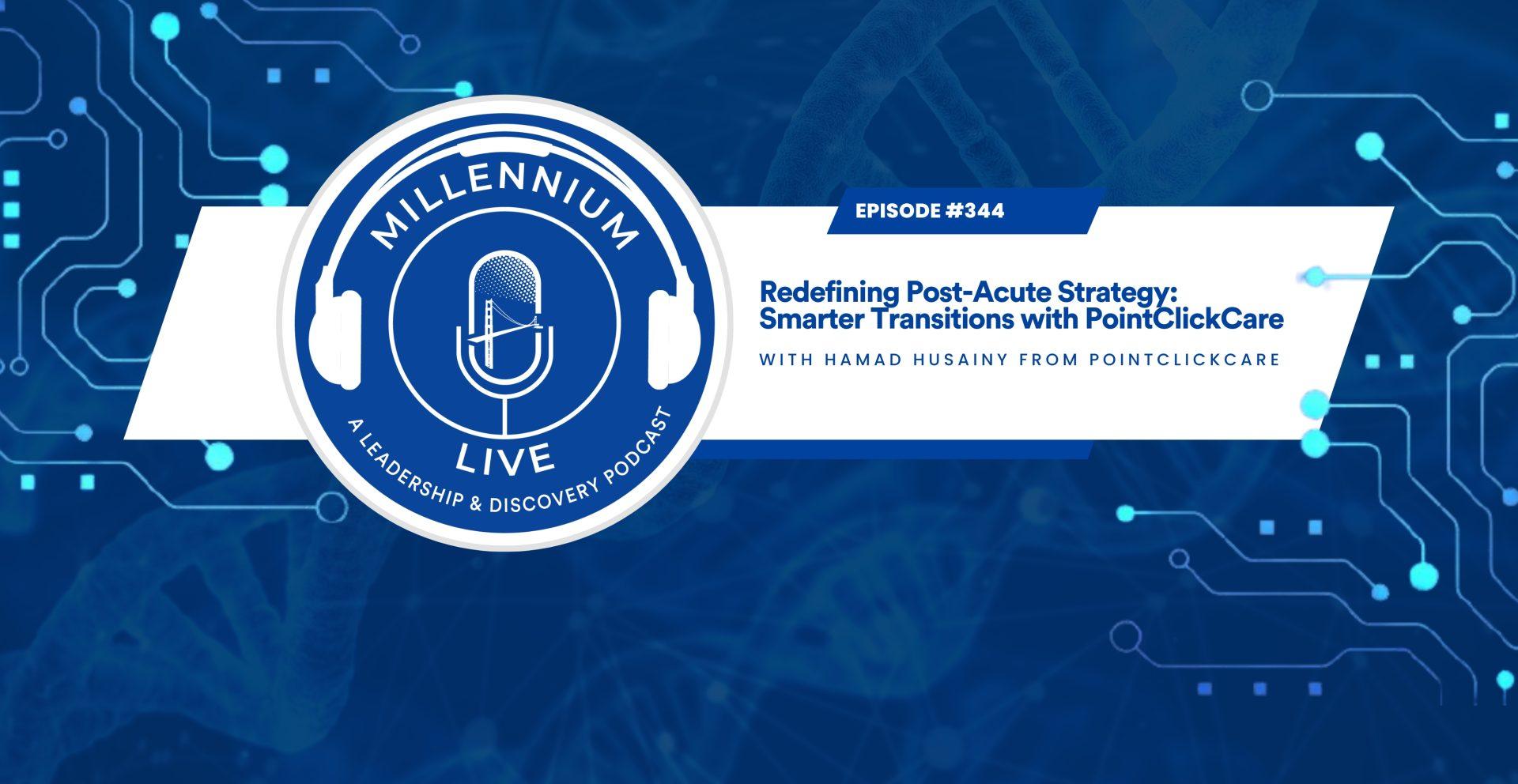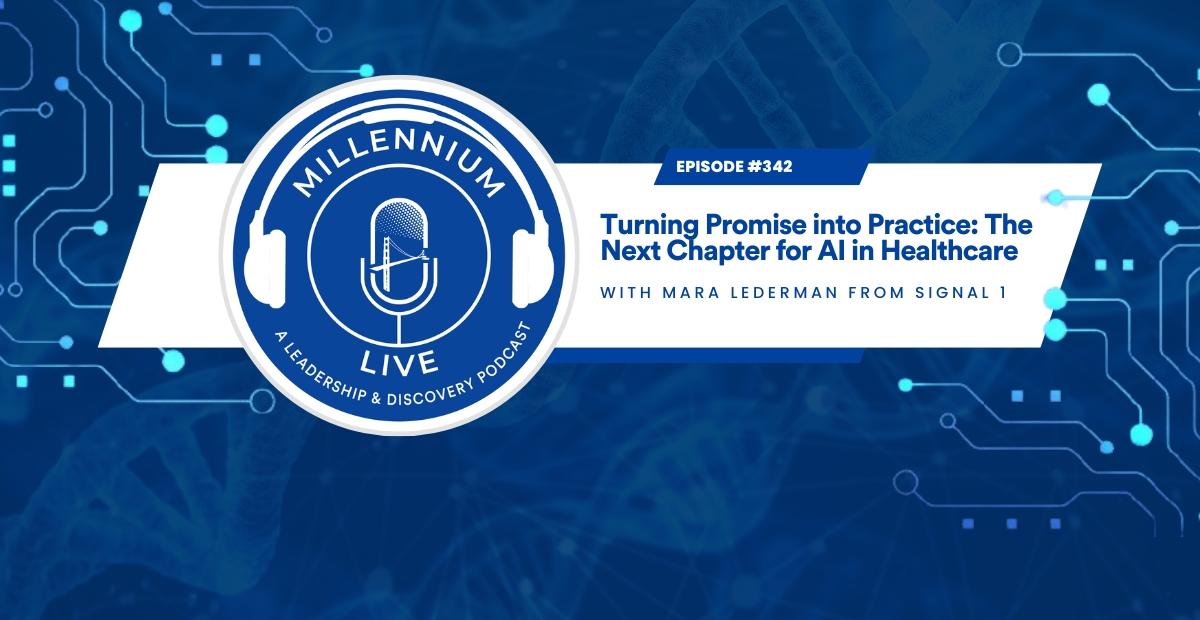We are all too familiar with the greetings “Hey, Siri” or “Hey, Alexa” in our modern tech lives. If you haven’t, where have you been? Voice technology has been one of trends that has been constantly brought up and heavily discussed this year. In 2018 alone, voice technology has taken off and changed the way we hear and receive information – all within seconds of asking for it.
As voice technology becomes a bigger part of our daily lives, will we see it move beyond managing our playlists to managing our health? The answer is yes. 2018 has been the year of the voice in healthcare for many reasons, but is has been apparent as to voice technology is being adopted faster than any previous technology. By presenting opportunities for healthcare organizations to connect with patients and caregivers like never before, voice technology is a driving force behind transformation throughout the evolving sector.
The Impact of Voice
Although most major voice tech products are not HIPAA compliant as of now, within these limitations, developers both in and out of the Amazon have already made remarkable strides toward making healthcare more efficient and accurate.
Following this example, several hospitals and health systems have embraced the Amazon app-like approach to the expansive world of voice assistants, creating their own ‘Skill’ in Amazon’s Alexa Skill store that users can download on their Echo devices to better connect with their audience:
Taken off of Phase2’s blog “Understanding Voice Technology and How it Can Impact Healthcare“, here is a list of hospitals and health systems that have taken the step towards implementing voice technology:
-
Northwell Health created an Amazon Alexa skill that offers wait times and direction to nearby hospitals and urgent care locations.
-
Boston Children’s built KidsMD , a voice-enabled symptom checker that parents can use to get answers to medication dosing questions, or questions about symptoms their child is experiencing.
-
Libertana Home Health Care has been using Alexa voice assistants to check in on patients and remind them to take medication or about upcoming appointments.
Medical and hospital centers are using Alexa and other platforms to transmit routine medical data to patients in the comfort of their homes. Also, these systems are using voice technology to help with everyday processes normally performed by human intelligence such as surgical note taking or record keeping. That being said, it is cleat that voice technology has a crucial role to play in helping people become more involved in their own healthcare, something which has be a burning theme within the industry these past couple years.
Looking Ahead
Amazon, Apple, Google and Microsoft are all aggressively fighting over voice because it fits their business models, promises more content and context, creates convenience and delivers an intimate experience to users.
However, hospitals and tech developers should anticipate and plan for some stumbling as proofs-of-concept fizzle out and pilot programs fail to make it into production.
“I think there are going to be a lot of flameouts in healthcare,” said Peter Durlach, SVP of healthcare at Nuance Communications, on new tech in healthcare. “People are throwing a lot of money at it, but this is not an easy problem.”
Even though there are many challenges to implementing voice technology, there is no better time to start the conversation about incorporating voice in your healthcare organization, especially since it had such a great run in 2018. In order to stay ahead of the turn of the year and the next new trend involving voice, keep yourself in tune with how you can best build an effective and robust voice strategy that connects your organization to current and prospective patients, and their families, it will help your organization in the long run!
ABOUT DIGITAL HEALTHCARE TRANSFORMATION
Healthcare is changing. The need for customer-centric transformation is more vital than  ever, to be open and transparent to patients as they navigate new policies. Healthcare systems and insurance carriers are being forced to respond to new demand rapidly.
ever, to be open and transparent to patients as they navigate new policies. Healthcare systems and insurance carriers are being forced to respond to new demand rapidly.
The Millennium Alliance is pleased to announce that application for our Digital Healthcare Transformation Assembly is now open! Seats are reserved for the C-Level executives leading the digital healthcare revolution.














